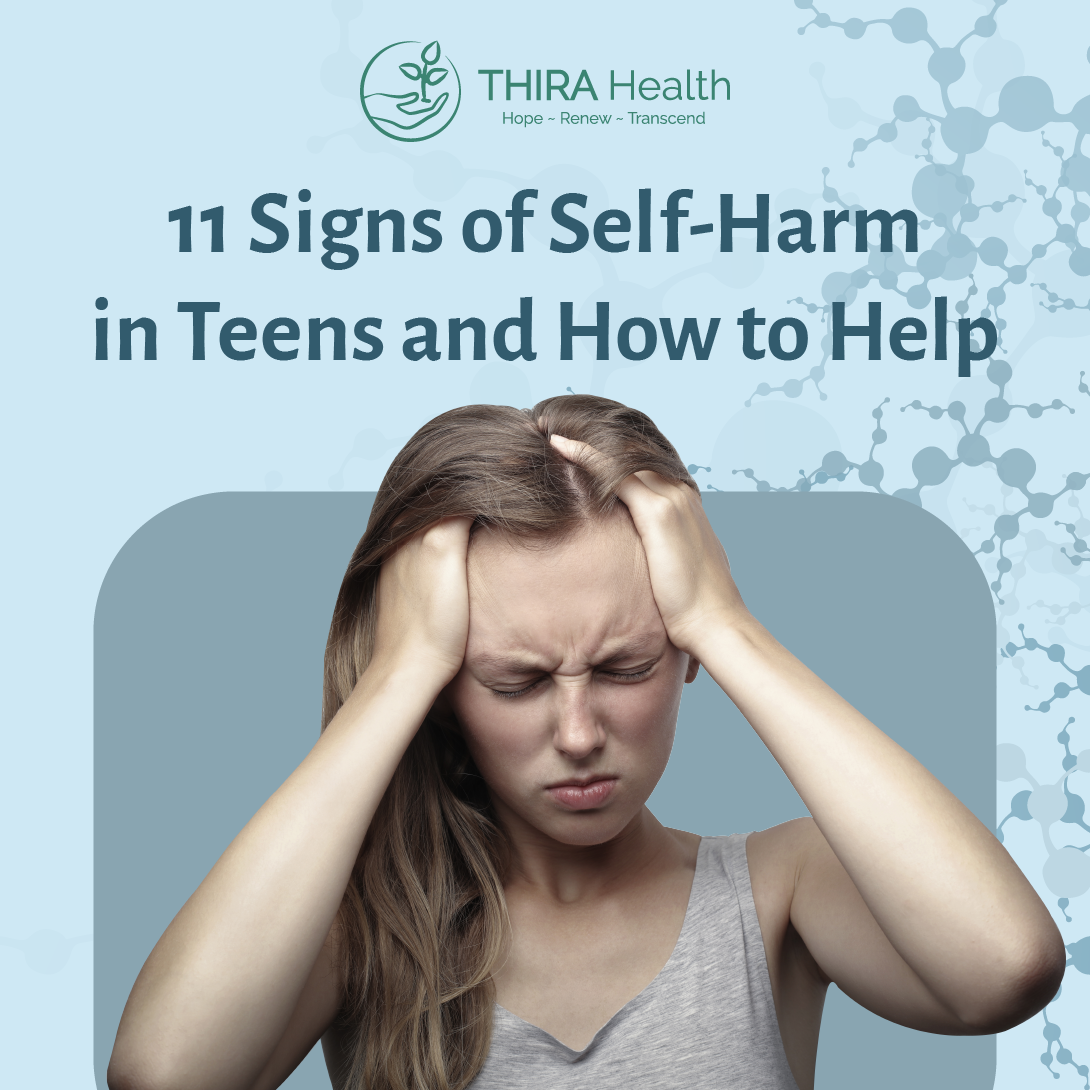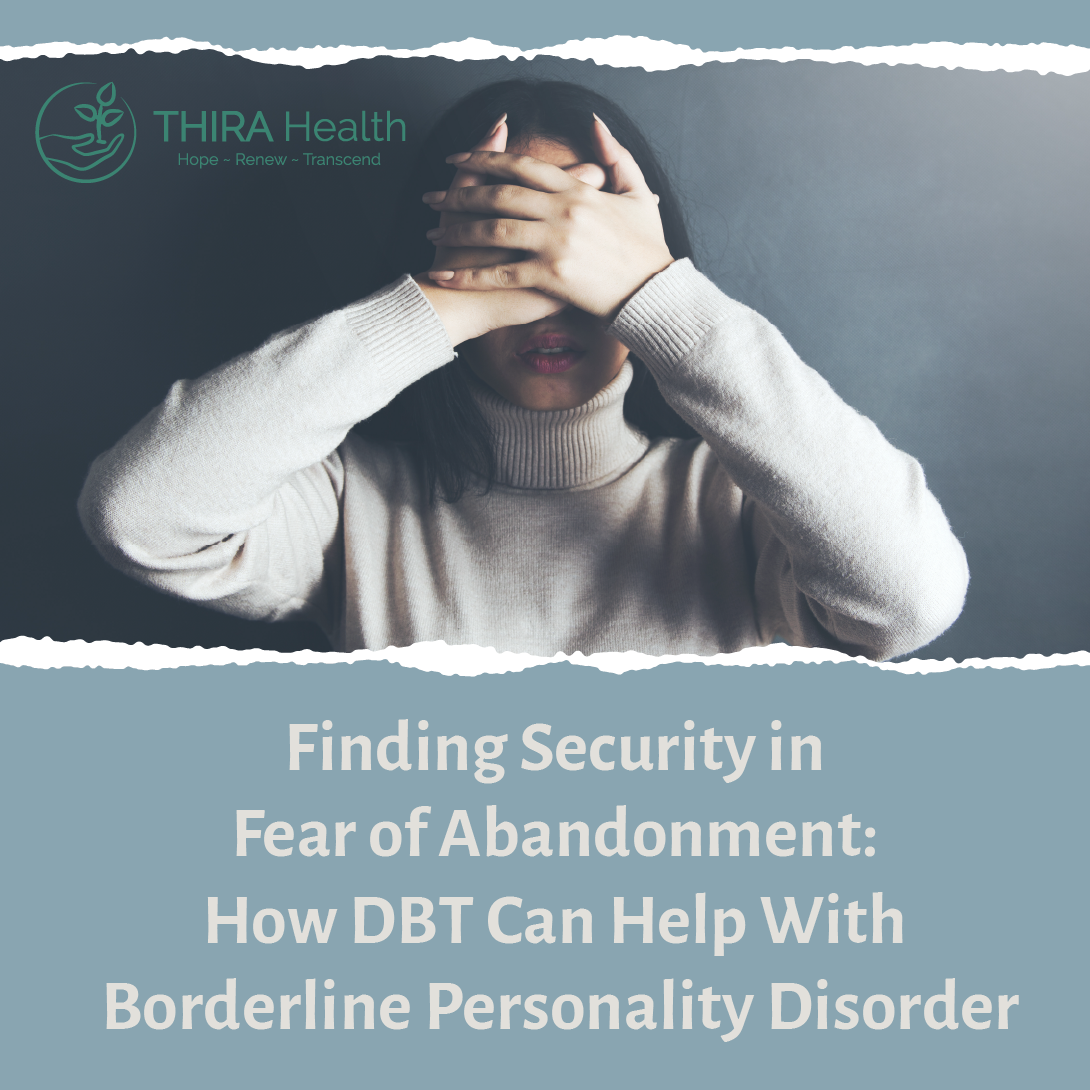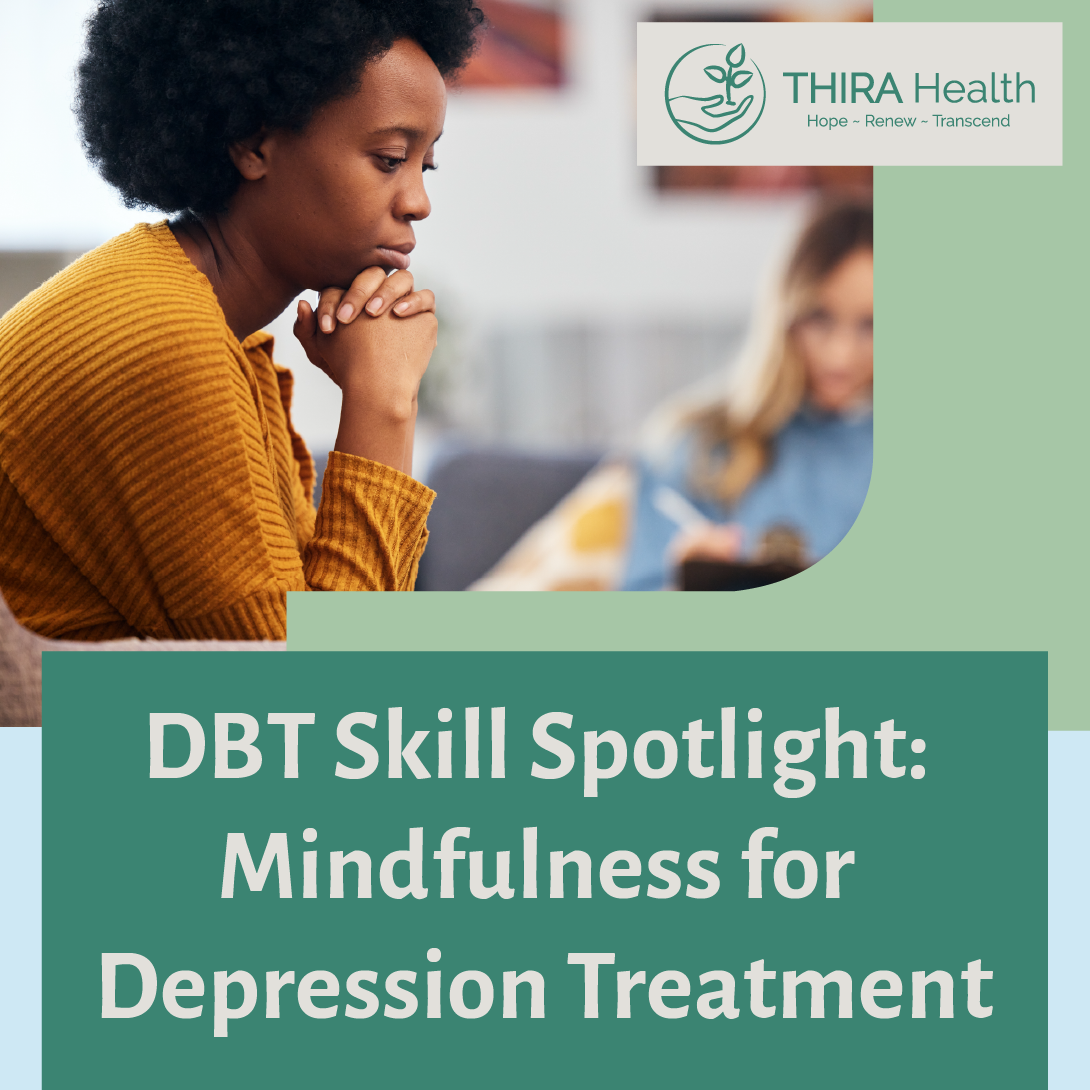Dialectical behavior therapy, or DBT, is an adaptation of cognitive behavior therapy, or CBT, that was initially developed to help people cope with borderline personality disorder (BPD). People with BPD often experience emotional extremes that interfere with their daily lives, have a hard time maintaining healthy friendships and relationships, struggle with feelings of emptiness or numbness, are harshly self-critical, may be inclined to impulsive or destructive behaviors, and may even struggle with self-harm or suicidal ideation.
Clearly, BPD is a difficult disorder to cope with, but it also shares symptoms with many other mental health conditions, including depression, anxiety, and eating disorders. A well-structured DBT program can provide support for any of these conditions, because it offers a robust structure for participants to lean on when they’re struggling, as well as skills and support for participants to use to cope and even thrive in a life where they choose their responses to life’s stressors, instead of simply reacting.
How does DBT work?
DBT’s success lies in its structure and skills. It uses multiple methods to help you heal and grow and offers a wide array of life skills that guide you toward a life worth living.
Individual and group therapy
DBT combines the healing space of individual therapy with the communal space of group therapy, where participants practice DBT-specific skills with each other, making them easier to employ in everyday life.
Individual therapy will allow you to make and monitor real-time changes in your life, while also healing the hurting parts of you carrying your old wounds into your current struggles. This helps the healing of DBT stick; people often have success with DBT skills in the short term, but without addressing underlying causes, they struggle to maintain their progress.
Group therapy is a place to focus on learning and using DBT skills. This group work creates an instant community of people who understand you, and a space where you can practice the many DBT skills that are available
DBT skills offer structure and strength
DBT skills are essential life skills that fall into four overarching categories:
Mindfulness
Mindfulness skills in DBT offer relief from self-judgment and overwhelming thoughts and feelings by asking participants to spend time drawing their attention to the current moment, and their current state of mind, without assigning labels of “good” or “bad”. Regularly noticing and accepting without judgment your state of mind can help you better understand both your emotions, and allows you to take a step back and choose your response.
Interpersonal effectiveness
We need healthy connections in our lives, and we usually need to be taught how to maintain boundaries and communicate with respect. DBT’s interpersonal effectiveness skills help you develop and maintain those strong, fulfilling connections with others without abandoning yourself to people pleasing or getting caught up in explosive reactions.
Distress tolerance
Life is full of distressing moments, and developing skills to move through them without your emotions becoming overwhelming can help you live a life where you can cope, even when times are tough. Distress tolerance in DBT encourages acceptance, to help you avoid impulsive behaviors that stem from trying to escape distress.
Emotional regulation
Emotions should neither fully guide your choices, nor should you run away from them. Understanding your own emotions, accepting them, and interacting with your emotions so they have less of an impact on you, are all part of the DBT skillset that offers you options for emotional regulation.
A DBT program will offer multiple types of support
In addition to life skills, individual therapy, and group therapy, DBT includes on-call support from your individual therapist, allowing you to reach out in times of crisis to gain some real-time support, and it caps off the overarching structure with support for your own DBT therapist from other therapists. This therapist-to-therapist support is particularly unique, as it offers your therapist a space to workshop ideas and gain insight from their peers in a way that helps them help you.
How do we know DBT works?
While we at THIRA Health see day after day the ways DBT helps the women and gender-nonconforming individuals who come to us for mental health treatment in Seattle, we also stay up-to-date on research about DBT and how it works, so we can improve our own DBT program as new research brings insights on DBT to light.
DBT has been studied for years to learn why it is so effective. There’s a significant body of research showing that DBT helps in equal measure or more than many other interventions. There’s also evidence that when you add DBT to medication-only treatment, there is an increase in symptom improvement.
DBT is particularly effective at reducing suicidal and self-harm urges, but also helps significantly with eating disorder symptoms and depression and anxiety. The blend of skills DBT offers, coupled with the community of group therapy and the intensive support of individual therapy and on-call therapist support, creates a structure with which people can grow and thrive. One of the notable results of DBT is consistent improvement for people even after their DBT program has ended. From a study by Gillespie et al that followed up with many DBT program participants after their program ended: “[I]t was clear that they felt DBT had given them a strong foundation which helped facilitate this further development.”
THIRA Health’s mental health treatment in Seattle includes a DBT program because it works
THIRA Health’s practitioners have developed comprehensive, holistic DBT programs to support adult and adolescent women and gender-nonconforming people because they know that DBT offers the skills and structure needed to create effective mental health treatment programs. If you or a loved one are in need of a high-support, highly structured DBT program, get in touch with THIRA Health today to see how our programs can help.






